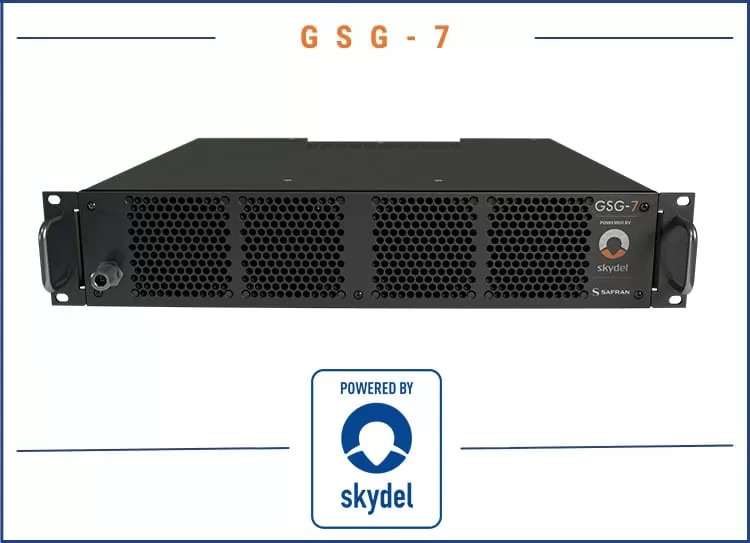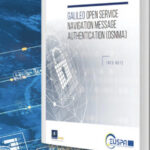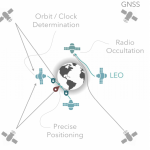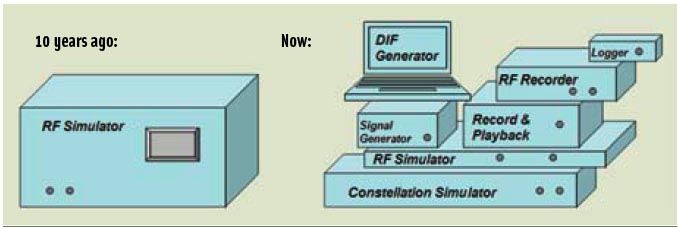In April 2024, Safran Electronics and Defense demonstrated the latest version of Skydel GNSS simulation software, at the 39th Space Symposium in Colorado Springs, Colorado. The software now includes, among other things, enhanced support for low Earth orbit (LEO) positioning, navigation, and timing (PNT) applications, and it introduces full support for the soon-to-be-launched Galileo Open Service Navigation Message Authentication (OSNMA) service.
Skydel says its GNSS software is more flexible, scalable, customizable, upgradeable, and cost-effective, compared to traditional FPGA-based simulators. Thanks to the introduction of software-defined radios and COTS components, the company’s GNSS simulation technology has advanced by leaps within few short years. Skydel GNSS simulators, like the company’s top-of-the-line GSG-7, feature a 1000 Hz simulation iteration rate, remote control from user-defined scripts, and a software-defined architecture. The new software also boasts a modern, streamlined user interface.
New feature set
With its first major release of 2024, Skydel software now has enhanced LEO PNT capabilities that allow users to accurately simulate satellite constellations in LEO, for example Xona’s PULSAR signal. This functionality enables developers to test and validate their LEO-based systems for a variety of applications, including autonomous vehicles, unmanned aerial vehicles (drones), and space missions.
Full support for the Galileo E1 OSNMA signal means users can now access and test the latest advancements in Galileo navigation technology. OSNMA enhances the security and integrity of GNSS signals, enabling robust and reliable positioning and timing solutions for critical applications.
In a recent communication, Skydel’s Product Manager Guillaume Obry said his company is spearheading advancements in GNSS technology and was thrilled to be demonstrating the new Skydal software at the 2024 Space Symposium.






